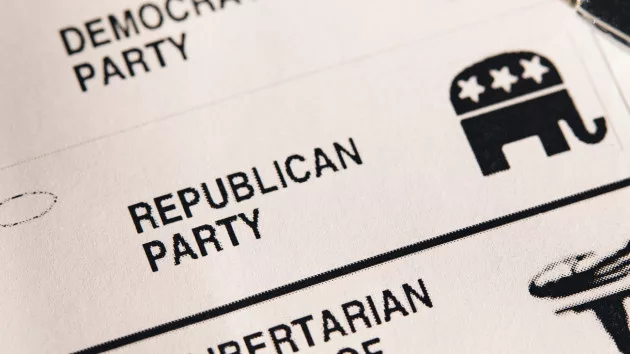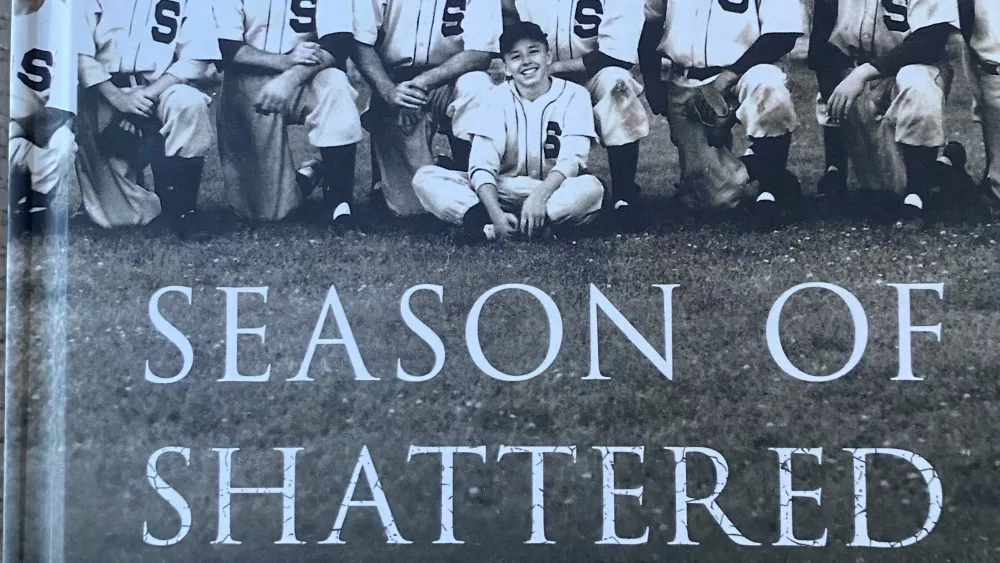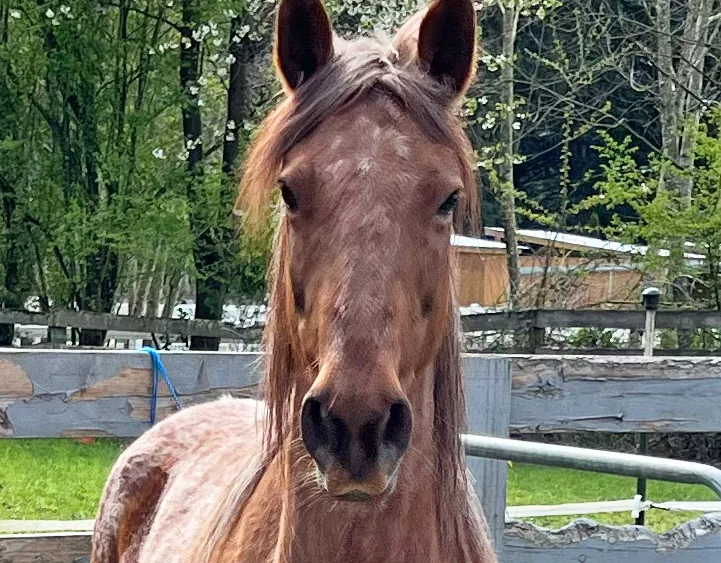Chemotherapy you receive before having children could make your future generations more susceptible to disease.
We’ve known for decades that we pass things on through our genes, but Washington State University professor, Doctor Michael Skinner, says they’ve learned that’s part of a larger picture, like with identical twins, 95% of whom he says get different diseases. “If it was strictly genetics, then essentially they’d get the same disease,” Skinner says, “So the environment has far greater impact on what diseases we get and what we’re passing onto our offspring than we previously ever thought.”
The research, published online on iScience, finds that male rats, exposed to a chemotherapy chemical as adolescents, had offspring up to 10 generations later had increased cases of disease. Skinner says the problem was found in plants hundreds of generations down the line.
Skinner says that environmental exposure to toxins like chemo or chemicals in our food at a young age, from teens to early 30s, doesn’t alter our DNA, but he says it essentially affects the chemistry that causes certain genes to be turned on or off – known as epigenetics – opening future generations to different diseases. He says we see signs of similar phenomena with exposure to other chemicals, which are common in our food, water and air. Skinner points to DDT, which he says most of the people in North America were heavily exposed to in the 1950s. He says 50% of rats, which were offspring of those exposed to DDT, developed obesity. Skinner says we’re several generations removed from the 1950s, and half the people in this country now face obesity, which points to epigenetics essentially made permanent by that generation’s exposure to chemicals, like DDT.
Skinner also notes that we develop a resistance to these chemicals as we get older, which is why people exposed as teens or young adults pass on the disease susceptibility. He also says many cancer patients are older, so it wouldn’t apply to those who are finished having children.
Doctor Skinner says it’s very important not to avoid cancer treatment because of this because it’s life-critical to treat any cancer. Instead, he says young people who plan to or might have children after their treatment can consider freezing sperm or eggs before treatment might alter them.






